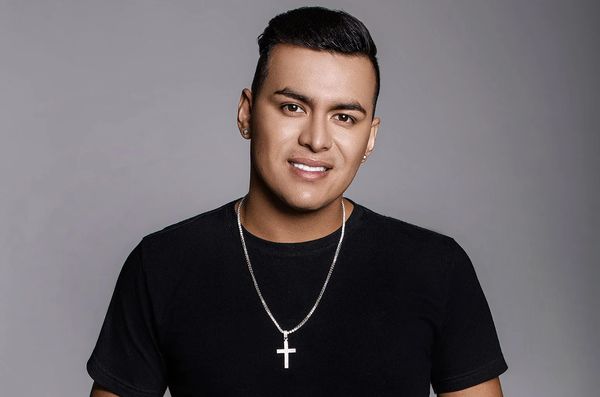The collapse of the Justice Department's cases against former FBI director James Comey and New York Attorney General Letitia James offered a stark lesson: Turning the DOJ into an instrument of political payback requires legal competence, not just loyalty.
Why it matters: The dismissals represent a big blow to President Trump's push to exact revenge on political enemies. The Justice Department's tactics — replacing career prosecutors with inexperienced loyalists — have created a dysfunctional legal apparatus that has been unable to make its cases stick.
- The court order comes as the Justice Department faces a broader crisis: an estimated 5,500 career staff have left since January, according to Justice Connection, a group tracking departures. Over 200 others have been fired, according to the New York Times.
The big picture: The cases against Comey and James were thrown out on Monday after a series of self-inflicted legal and administrative blunders by the administration.
- District Judge Cameron McGowan Currie ruled that the prosecutor who brought them, Lindsey Halligan, was illegally appointed — voiding every action she took, including the indictments themselves.
- Attorney General Pam Bondi said she'll "take all available legal action, including an immediate appeal" at a news briefing Monday.
Yes, but: Currie signaled the statute of limitations expired in September.
- In a footnote, Currie warned that because Halligan's indictment was void from the start, it never paused the statute of limitations like an indictment normally would.
Catch up quick: Trump ousted his initial U.S. attorney for the Eastern District of Virginia after the attorney reportedly concluded there wasn't enough evidence to prosecute Comey or James.
- Then, in a Truth Social post addressed to Bondi, Trump publicly demanded that "JUSTICE MUST BE SERVED, NOW!!!" against Comey and others — and floated Halligan's name to take over as U.S. attorney.
- Bondi appointed Halligan, who once served as Trump's personal attorney and has no experience in criminal law, just days before Comey's statute of limitations was set to expire and followed with charges against James.
What's inside: Currie found that federal law gives the attorney general 120 days to appoint an interim U.S. attorney before that power shifts to district court judges.
- Halligan's predecessor's 120-day appointment expired May 21, and Bondi's appointment of Halligan four months later violated both the statute and the Constitution's Appointments Clause, Currie ruled.
- "The implications [of the DOJ's argument] are extraordinary," Currie wrote. "It would mean the Government could send any private citizen off the street — attorney or not — into the grand jury room to secure an indictment so long as the Attorney General gives her approval after the fact. That cannot be the law."
Between the lines: That ruling landed on top of a separate crisis in Comey's case: Halligan admitted last week she signed the final Comey indictment without showing it to the grand jury.
- After jurors rejected a three-count indictment, court records said, the foreperson told Halligan they had enough votes for two of the counts. Instead of submitting a new indictment to the grand jury, Halligan signed it and took it to a judge.
Ric Simmons, an Ohio State law professor and grand jury expert, said Halligan seemed to "not know the basics of how the grand jury should work." He said he's never heard of something like Halligan signing an indictment without first showing it to the grand jurors.
- "Most of what this is is not that complicated," he said. "This is stuff that you would learn really early on, and mistakes that almost no one would make, even if they're very, very new to the office."
Halligan also blundered on some basic aspects of criminal law.
- Magistrate Judge William Fitzpatrick previously found Halligan misled the grand jury about constitutional rights, suggesting Comey might have to testify to prove his innocence and that jurors could assume there was more evidence than presented.
- On top of that, "The cornerstone of the government's grand jury presentation," Fitzpatrick wrote, relied on materials from Comey's attorney, used without a new warrant and without filtering out attorney-client privileged documents.
What they're saying: Andrew Leipold, a University of Illinois Law professor who served on the federal committee that writes the rules of criminal procedure, questioned why Halligan was sent into the grand jury room entirely alone.
- "Does this mean that nobody in that office ... was either good enough or willing to go in with her?" he asked. "You couldn't have drawn this any worse for justice or any better for a defendant."
Editor's note: This story has been updated with Bondi's comments.







